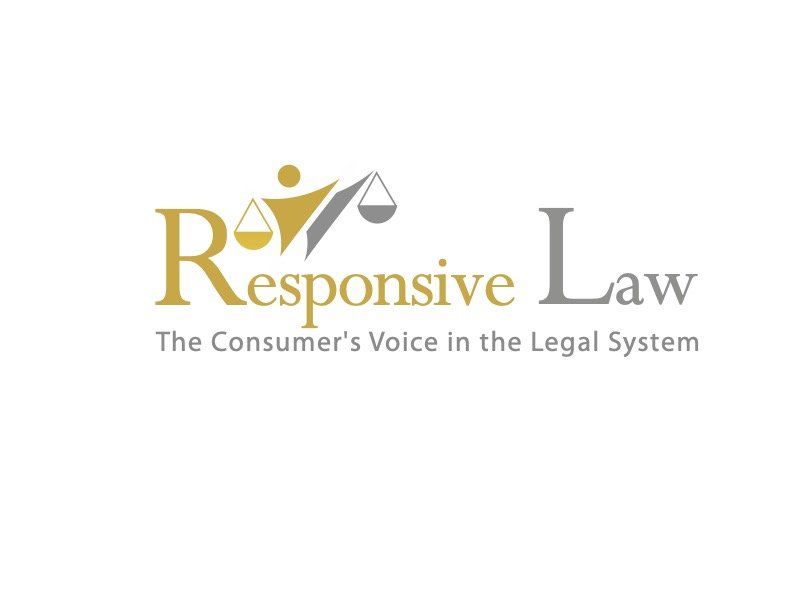Paralegals, law firms, and signing off qualifying work experience
Crispin Passmore • August 16, 2021
Should law firms refuse to sign off QWE for their paralegals?

I have blogged several times
on the introduction of Solicitors Qualifying Examination (SQE). I have made the point that SQE shifts power towards trainees and candidates by removing law firm or solicitor control on the number of people that qualify as solicitors. To refresh, a paralegal or aspiring solicitor does not need their employer’s permission to learn the skills, gain the knowledge, develop the behaviours and build the experience to pass SQE. What the candidate does need is a solicitor or the firm’s Compliance Office for Legal Practice (COLP) to 'sign-off' (the correct term is confirm) the qualifying work experience (QWE). That raises some issues and, in my view, some confusion that I want to tackle. In particular I hear that some law firms are making a policy decision to not confirm QWE for some paralegal cohorts of their staff. That should be explored and challenged.
What is the solicitor or COLP confirming when signing the relevant form for a period of QWE? They are not confirming that the aspiring solicitor is good enough to become a solicitor. They are not passing or failing the aspiring solicitor. They are not saying that the candidate was competent. In signing off a period of QWE the solicitor or COLP is confirming to the SRA:
• The length of work experience carried out.• That the placement provided the opportunity for the individual to develop some or all of the competences outlined in the Statement of Solicitor Competence.• That no issues arose during the work experience that raise questions over the individual's character and suitability to be admitted as a solicitor or if such confirmation cannot be given, then details of any such issues.
None of this is to say that competence or breadth of knowledge do not matter. Rather it is that the new system shifts that assessment from thousands of law firms and solicitors (a system that does not provide any comfort to the regulator on consistency and standards) to a centralised assessment.
So why might a law firm decide, as a matter of policy, that it will not confirm an aspiring solicitor’s QWE? There are two broad groups of aspiring solicitors in a law firm. The first is the cohort that the law firm has decided are on an ‘official track’ to qualification – what they still seem to call training contracts. The other group are the paralegals that are employed to do legal work. Those paralegals may be in the core of a law firm, in its onshore managed legal services arm or elsewhere in the business.
There is of course no SRA mandated ‘official track’ to qualification – that is one of the liberalisations or flexibilities built into SQE. Firms may select people to follow their internal route to gaining QWE and preparing for SQE assessments, but that is not an ‘official’ route. Candidates from the paralegal side of the business will no doubt think that if their work falls within the definition of QWE it would be absurd for firms to block that counting by refusing to confirm it. I would add that there is something very odd about a law firm having a policy of confirming QWE for people it has selected as aspiring solicitors but refusing the same to candidates who are forging their own path, using their entrepreneurial effort to own and develop their own career. That doesn’t even begin to examine the potential discrimination law issues that might arise from treating these two groups differently.
I suspect that law firms might be worried about the burden of supervising and confirming QWE. If that were the case they would be wrong. They are already supervising their paralegals. And if they are a good employer they will also be focused on developing their people. Refusing to confirm QWE for paralegals risks the law firm looking (at least to its staff and potential recruits) that they do not really value their paralegals. At a time that alternative legal service providers are exploring how to use SQE to attract and develop paralegals, offering them a route to qualification, it would seem an own goal for law firms to hand that point of difference to their competitors.
If a law firm has lots of aspiring solicitors in its workforce it should be pleased. Most employers make a lot of effort to up-skill their workforce and would be a jealous of an employer with lots of staff taking the initiative and driving their own development.
Perhaps law firms fear that they will just be helping paralegals to leave once they qualify. Better to think about how they might retain those that qualify – that requires a rethink of workforce strategy and probably a little blurring of the boundary between paralegal, trainee solicitor, newly qualified solicitor. It always struck me as odd that law firms are more focused on qualifications than job role – what they’ve done rather than what they do.
The SRA in its guidance on QWE highlights that the confirmation requires some sort of due diligence but it is not burdensome:
• Directly supervising the individual's work (although this is not a requirement of confirming QWE).• Reviewing the individual's QWE training template, training diary, learning and development record or work portfolio to make sure they had the opportunity to develop some or all of the competences. You may want to check that the experience claimed has been appropriately evidenced. For example, does the experience described or provided relate to the competence.• Confirming with your organisation's HR team that the placement details are accurate and whether any character and suitability issues arose.• Speaking to the person or persons directly supervising the individual's work.
There are also ways to minimise any perceived or real burdens on firms and their supervisors. They can encourage their staff to use an online journal to record their QWE in a standardised format. Flex
offers an SQE QWE journal
that is easy to use and can help candidate and supervisor alike. It provides functionality that allows candidates to record their QWE, reflect on their experience and be SRA ready. Why wouldn’t a law firm want its paralegals to be doing this? Firms worried about the burden could even ask Flex to manage their paralegals QWE on their behalf – it just needs a bit of imagination. With a little investment it is possible even to design reward and retention packages that include development towards qualifying as a solicitor.
It seems to me a bad idea to refuse to confirm paralegals’ QWE as a matter of policy. I also think it risks putting a firm and supervising solicitor in breach of their regulatory obligations. The SRA has said this about a solicitor not confirming QWE:
Consider whether you are you complying with our Principles and Code of Conduct for Solicitors to act honestly, fairly at all times and not to abuse your position by taking unfair advantage. For example, refusing to confirm QWE that meets our criteria simply in order to retain an employee in a non-qualified position would be a clear breach of our Principles and Code. We may take action against a solicitor or COLP who does not meet their regulatory obligations when confirming QWE that meets our criteria. [My emphasis].
So refusing to confirm QWE (that meets the SRA’s requirements) is not only a bad idea it isn’t very ethical. If this is a policy decision that is being taken then those firms and solicitors should rethink.

The Legal Tech Fund ran the best event for innovators int he legal market that I have found. TLTF 2023 was a a great opportunity to learn new things but best of all were the connections made and friends seen. These enabled new discussions and deeper debates about technology, capital deployment and liberalisation. TLTF 2024 is just one year away - I'm already excited.









